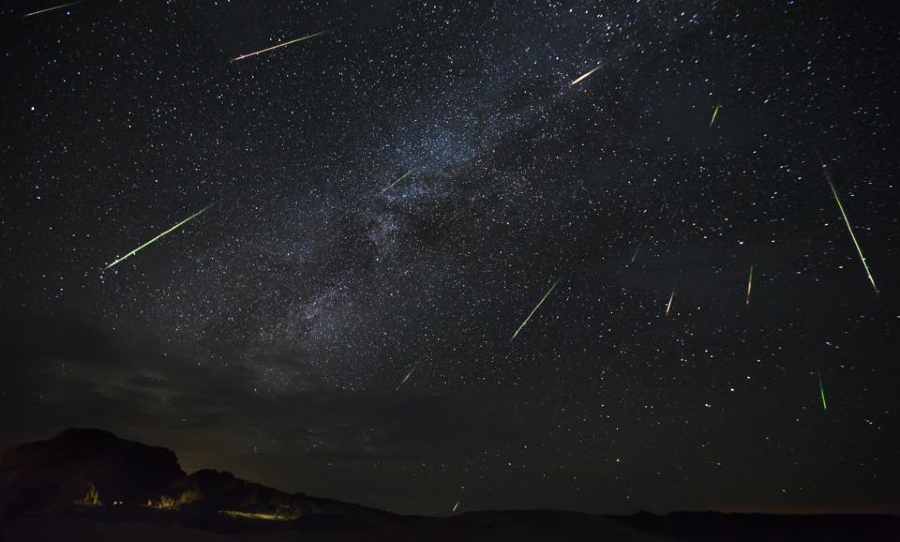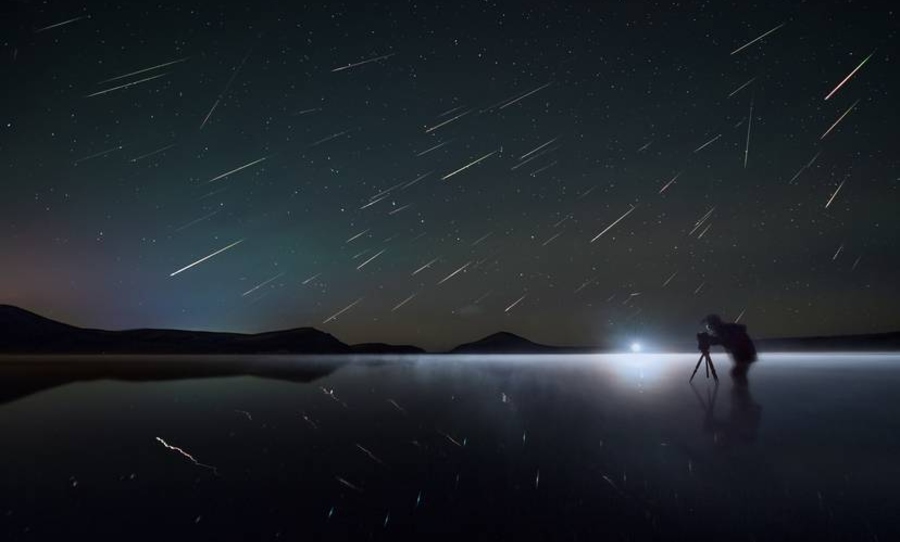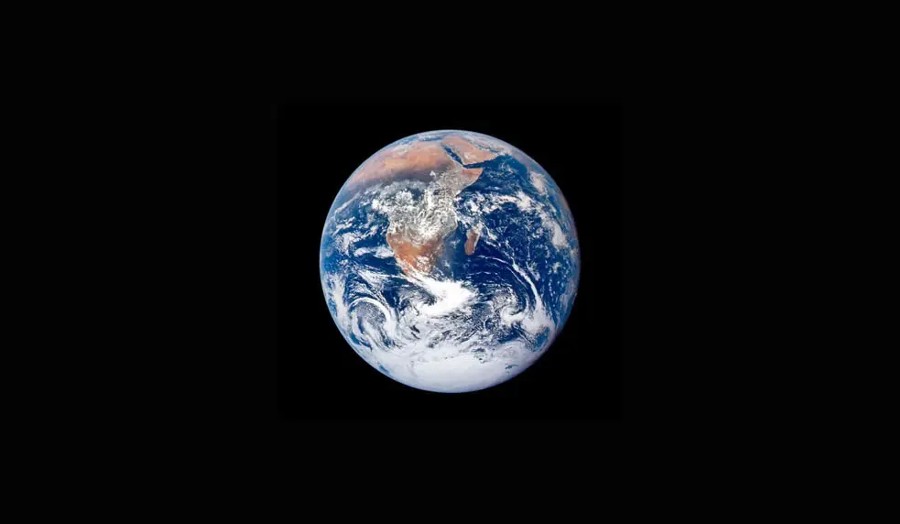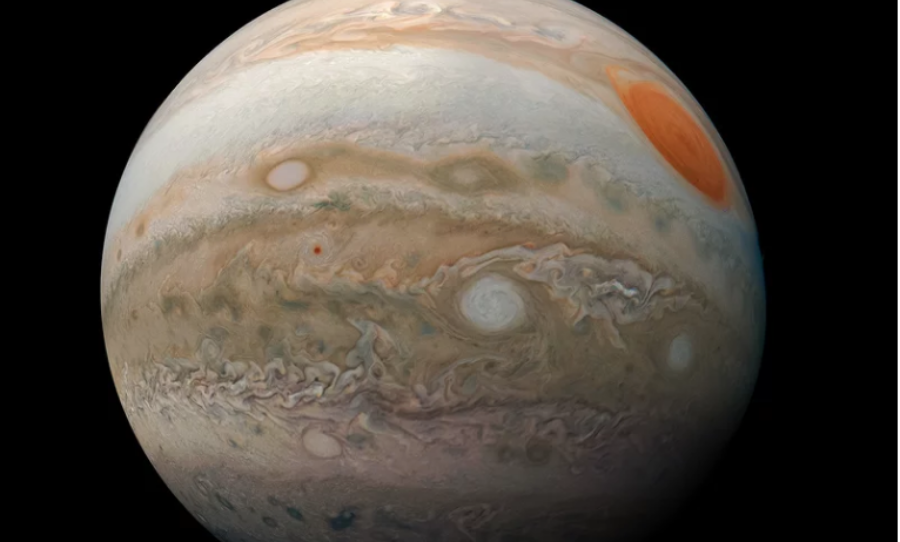The Perseid meteor shower occurs every year between July 17 and August 24, with primetime showers peaking sometime between August 9-13. This year’s peak shower is set to occur on August 12. So if stargazing is your thing, keep your eyes peeled tonight.
The Perseids are named after the constellation Perseus, from where they appear to originate. The meteors in the Perseids are comprised of tiny pieces of space debris from the comet Swift-Tuttle, which orbits the sun every 133 years.

For all you astronomical enthusiasts, get ready for the yearly Perseid meteor shower to streak through Earth’s atmosphere tonight.
According to ancient Greek celestial mythology, Perseus is the son of the god Zeus and the mortal princess Danaë. It is said that the Perseid shower commemorates the time when Zeus visited Danaë in a shower of gold.
The Perseid meteors can be seen from all across the sky, but are particularly prominent in the Northern Hemisphere. However, for all our Aussie readers, don’t lose hope. Our prime viewing time will occur at midnight tonight and last until early dawn. NASA stated that if you’re lucky you may even be able to view the “occasional fireball”.
Crap, looks like im not going to sleep till late tonight… Who else is gonna pull an all nighter?
— Cult of One (@Ryokokleiger) August 11, 2020
If you’re serious about catching a glimpse of this celestial phenomenon we suggest getting comfy. So rug up with some thick blankets, a reclining chair, some snacks, and a few mates, and set your gaze North to the darkest part of the night sky. Or just catch the meteor shower online and watch it live-streamed here, along with a detailed commentary from astrophysicists.



